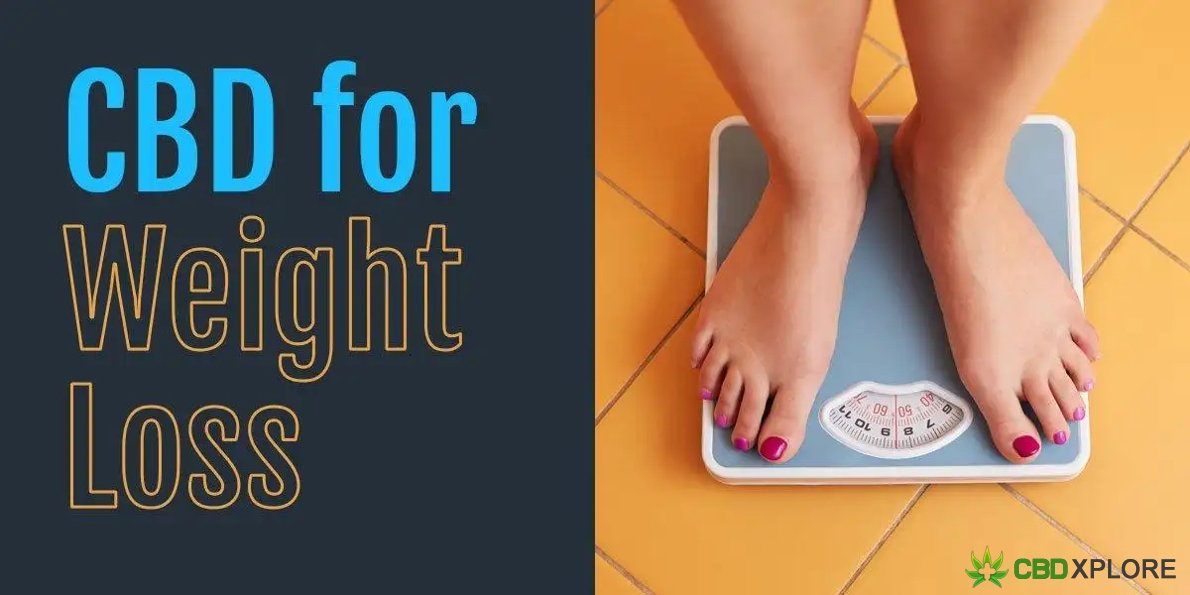How to Use CBD for Metabolism Boosting and Fat Reduction
In this comprehensive guide, we’ll explore how to use CBD for metabolism boosting and Fat Reduction, break down science behind it.

In the ever-growing world of natural wellness remedies, CBD (cannabidiol) has emerged as a powerful ally. While it’s widely known for promoting relaxation and alleviating anxiety, CBD has also gained significant attention for its potential role in weight management. More specifically, many people are now turning to CBD to boost their metabolism and support fat reduction. In this comprehensive guide, we’ll explore how to use CBD for metabolism enhancement, break down the science behind it, and provide actionable tips on integrating it into your daily routine.
Explore the Contents
Understanding Metabolism and Its Role in Weight Management
Before diving into how to use CBD for metabolism, it’s essential to understand what metabolism actually is. Metabolism refers to the set of life-sustaining chemical reactions within our bodies that convert food into energy. A faster metabolism can burn more calories at rest and during activity, making it easier to maintain or lose weight. Conversely, a sluggish metabolism can contribute to unwanted weight gain and low energy levels.
There are several factors influencing metabolism, such as:
- Age
- Muscle mass
- Hormonal balance
- Physical activity level
- Diet
- Sleep quality
Now, let’s explore how CBD fits into the picture and how it could help boost metabolism and reduce fat.
The Science Behind CBD and Metabolism
CBD is a non-psychoactive compound found in hemp and cannabis plants. It interacts with the body’s endocannabinoid system (ECS), a complex network of receptors that help regulate various bodily functions including appetite, mood, inflammation, and energy balance.
1. CBD and Brown Fat Activation
One of the most exciting discoveries in recent years is CBD’s potential to activate “brown fat,” or brown adipose tissue (BAT). Unlike white fat, which stores excess calories, brown fat burns energy to generate heat—a process known as thermogenesis. Activating brown fat can contribute to a higher caloric expenditure, aiding fat loss.
Studies suggest that CBD may encourage the “browning” of white fat cells, turning them into more metabolically active brown fat cells. This shift could potentially enhance the body’s ability to burn calories and fats more efficiently.
2. CBD’s Impact on Appetite Regulation
Unlike THC, which is known for stimulating appetite (the “munchies”), CBD appears to modulate appetite in a more balanced way. Some studies indicate that CBD may help curb excessive hunger and reduce emotional eating by influencing CB1 receptors indirectly. This can help individuals stick to healthier eating patterns, contributing to weight management and fat reduction.
3. CBD and Insulin Sensitivity
Improved insulin sensitivity is crucial for managing blood sugar levels and preventing fat accumulation. When your body is insulin resistant, it tends to store more fat, especially around the abdomen. Research has shown that CBD may enhance insulin sensitivity and help stabilize blood sugar levels. By balancing glucose metabolism, CBD could reduce the likelihood of fat storage, particularly in problem areas like the belly.
4. Anti-Inflammatory Benefits and Metabolic Health
Chronic inflammation can hinder metabolism and is often linked to obesity, insulin resistance, and other metabolic disorders. CBD is known for its potent anti-inflammatory properties, which may support overall metabolic health. By reducing systemic inflammation, CBD can contribute to improved energy metabolism, hormone balance, and fat-burning capacity.
How to Use CBD for Metabolism Boosting and Fat Reduction
Now that we’ve discussed the science behind CBD and metabolism, let’s explore practical ways to use CBD for metabolism enhancement and fat reduction.
1. Choose the Right CBD Product
The first step is selecting the right type of CBD product for your needs. Here are the most popular options:
- CBD Oil/Tinctures: Fast-acting and versatile, tinctures can be taken sublingually (under the tongue) for quick absorption.
- CBD Capsules: Easy to incorporate into a daily supplement routine, though they may take longer to take effect.
- CBD Edibles: Convenient and tasty, but with slower absorption due to digestion.
- CBD Topicals: Best for localized relief, but less effective for metabolism-related goals.
- CBD Vapes: Provide immediate effects but are less popular due to potential respiratory concerns.
For metabolism and fat reduction purposes, CBD oil or tinctures are generally recommended for their bioavailability and speed of action.
2. Determine the Optimal Dosage
When using CBD for metabolism, dosing is highly individualized. Factors like body weight, metabolism, and tolerance all play a role. As a general rule, beginners should start with a low dose (10-20mg per day) and gradually increase it until desired effects are achieved.
It’s always wise to consult with a healthcare professional before beginning any new supplement regimen, especially if you have underlying health conditions.
3. Time Your CBD Intake Strategically
For metabolism support, timing can make a difference. Consider these suggestions:
- Morning Dose: Taking CBD in the morning may help kickstart your metabolism and support energy levels throughout the day.
- Pre-Workout Dose: Consuming CBD 30-60 minutes before a workout may enhance fat oxidation and reduce exercise-induced inflammation.
- Evening Dose: If you struggle with sleep, a small CBD dose before bed may improve rest, indirectly supporting a healthy metabolism through better recovery and hormone regulation.
4. Combine CBD with a Healthy Lifestyle
CBD alone isn’t a magic solution for weight loss. To maximize its potential, pair it with the following:
- Balanced Nutrition: Focus on a diet rich in lean proteins, healthy fats, fiber, and complex carbohydrates.
- Regular Exercise: Incorporate a mix of strength training and cardiovascular workouts to stimulate brown fat activation and boost metabolism.
- Stress Management: Chronic stress can slow metabolism and promote fat storage. CBD’s calming effects may help you manage cortisol levels.
- Quality Sleep: CBD may improve sleep quality, supporting metabolic health and hormone balance.
5. Track Your Progress
Keep a journal to track how you feel, your energy levels, and any changes in your body composition. Monitoring your progress will help you fine-tune your CBD dosage and overall strategy for metabolism boosting.
Other Relevant Benefits of CBD for Weight Management
While the primary focus is to use CBD for metabolism enhancement, it also offers complementary benefits that aid in fat reduction:
Appetite Suppression and Mindful Eating
CBD’s potential to regulate hunger hormones like ghrelin and leptin may help reduce unnecessary snacking and overeating. When you eat more mindfully and avoid excessive calorie intake, weight loss becomes more attainable.
Support for Gut Health
Emerging studies suggest that CBD may positively influence gut health by balancing the gut microbiome and reducing inflammation. A healthy gut is increasingly linked to improved metabolic rate and better nutrient absorption, both of which are essential for fat reduction.
Hormonal Balance
CBD’s interaction with the ECS also plays a role in hormonal regulation. By promoting homeostasis, CBD can help maintain balanced levels of thyroid hormones, cortisol, and insulin—key players in metabolic health and fat burning.
Safety and Considerations
CBD is generally considered safe with minimal side effects. However, some individuals may experience:
- Fatigue
- Dry mouth
- Digestive discomfort
- Changes in appetite
To avoid adverse reactions, always start with a low dose and choose high-quality, third-party-tested CBD products. Also, be aware of potential drug interactions, especially if you’re on medications that affect liver enzymes (CYP450 pathway).
Conclusion: Can CBD Help You Burn Fat?
The available evidence points to CBD as a promising tool for those looking to enhance metabolic function and reduce fat stores naturally. While more research is still needed, CBD’s ability to activate brown fat, regulate appetite, improve insulin sensitivity, and reduce inflammation makes it a compelling option.
To effectively use CBD for metabolism support, prioritize high-quality products, maintain a healthy lifestyle, and remain consistent. When combined with exercise, balanced nutrition, and proper stress management, CBD could be the missing link in your weight management journey.





